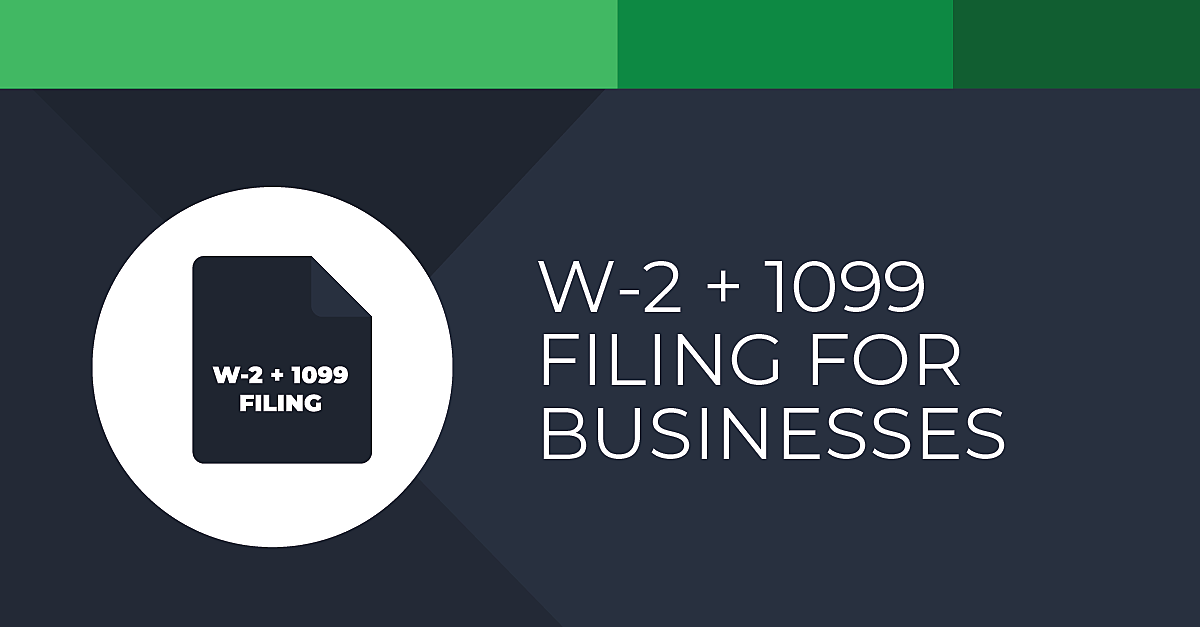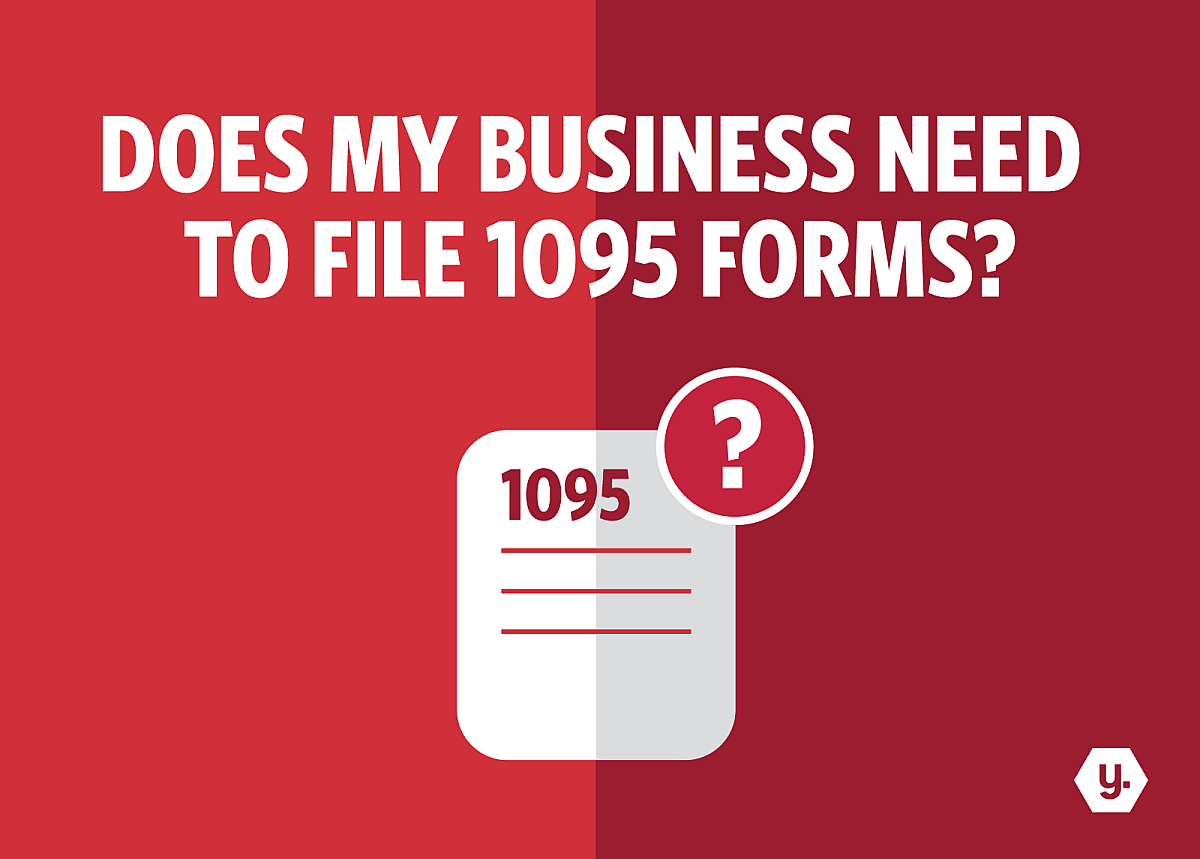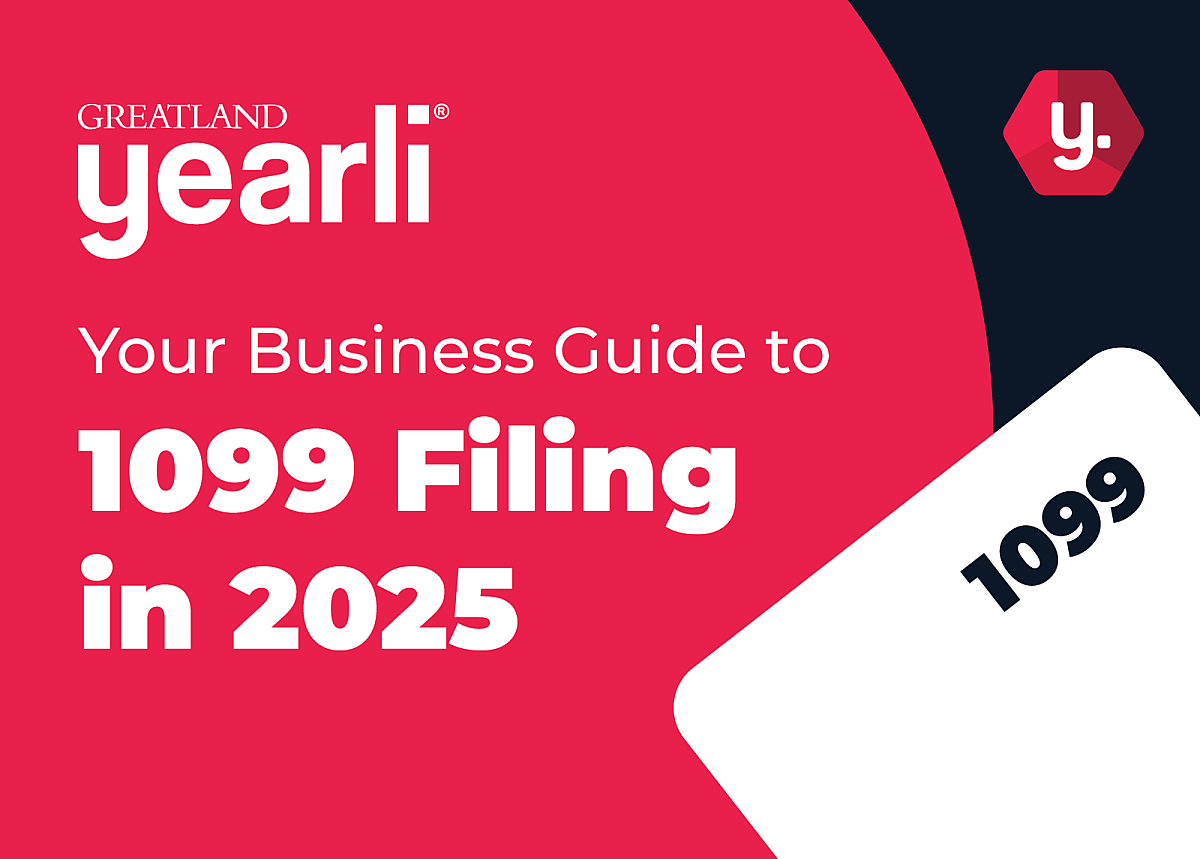
State of the Filing Season: What Businesses Need to Know
The ever-changing legislative and regulatory tax landscape can quickly cause any taxpayer’s head to spin. From filing deadlines, to increased reporting requirements, to new e-filing thresholds, keeping pace with the changes and understanding the potential tax implications is no small feat.
Therefore, it comes as no surprise that the 2024 Small Business Problems & Priorities report released by the National Federation of Independent Business (NFIB) Research Center found that tax-related issues continue to be problematic for small business owners. More specifically, the top five tax issues are:
- Federal taxes on business income (24.9%)
- State taxes on business income (21.8%)
- Property taxes (21.8%)
- Tax complexity (18.8%)
- Frequent changes in federal tax laws/rules (16.3%)
Further fueling the uncertainty and concern among many business owners is the fact that, if "Congress lets the 20% small business deduction sunset at the end of 2025, it will result in a "hefty tax hike on small businesses and will likely exacerbate the federal tax issue," the NFIB noted.
Such concerns and uncertainty are why so many businesses turn to tax professionals to prepare and submit their taxes. According to the 2024 NFIB Tax Survey, the vast majority (90%) of small business owners surveyed said they use a tax professional.
So, what’s driving the tax-related changes? Some of it stems from IRS’s ongoing efforts to reduce the tax gap (the difference between estimated “true” tax liability for a given period and the amount of tax that is paid on time) through increased information reporting.
Earlier Filing Deadlines
A federal law enacted several years ago accelerated the annual deadline for filing copies of employees' Form W-2 with the Social Security Administration (SSA). This is inline with the IRS’s effort to detect and combat fraud.
The Protecting Americans from Tax Hikes (PATH) Act of 2015 requires that employers file Form W-2 to the SSA by Jan. 31. This also applies to the filing of Form 1099-NEC, which records non-employee compensation to the IRS.
Previously, employers and businesses had until the end of February, if filing via paper, or the end of March, if filing electronically, to submit these forms.
“Agencies are seeing an increase in fraudulent filings. Earlier filing deadlines provide agencies with the data they require up front. This allows the agencies to verify that data with individual filings for income tax, which aids in preventing fraud,” said Devon Habermeyer, compliance architect for Greatland.
It is important to remember that Forms W-2 and 1099-NEC do not qualify for an automatic extension of time to file so it is especially important to meet the deadline. The only exception is in the unfortunate case of a catastrophic event, like a natural disaster or serious illness, which requires the filing of Form 8809 Application for Extension of Time To File Information Returns.
Increased Reporting Requirements
Meanwhile, the efforts to increase reporting requirements continue to gain momentum as evidenced by the new Form
1099-DA. Beginning in calendar year 2025, the new Form 1099-DA, Digital Asset Proceeds From Broker Transactions, will be required to report certain sale and exchange transactions of digital assets that take place beginning in calendar year 2025. Anyone who is considered a custodial digital asset broker must file Form 1099-DA to the IRS and furnish recipient copies.
“This new form will provide more clarity for taxpayers and give them another tool to help them accurately report their digital assets transactions,” stated IRS Commissioner Danny Werfel in a press statement. “We know third-party reporting greatly improves compliance with the nation’s tax law. This step will also help us make sure digital assets are not used to hide taxable income, including in high-income categories, while providing taxpayers who play by the rules more information to accurately report their income.”
Form 1099-DA is similar to traditional 1099 forms in that it is used to report income from sources like real estate transactions, employment, or dividends. However, Form 1099-DA focuses on the sale and exchange of digital assets.
Latest News
-
 November 25, 2025
November 25, 2025New Alternative Furnishing Method for Forms 1095-B and 1095-C Comes with Complexities
The IRS has updated the Affordable Care Act (ACA) reporting process for Forms 1095-B and 1095-C. These changes aim to reduce administrative costs and simplify reporting, but they also create new compliance challenges for employers and health insurance providers.Read More -
 October 8, 2025
October 8, 2025Your Business Guide to 1099 Filing in 2025: Deadlines and Compliance Tips with Yearli
Businesses must prepare for 2025 IRS 1099 filing by understanding key deadlines for Forms 1099-NEC and 1099-MISC and leveraging e-filing tools like Yearli to stay compliant. This guide outlines important dates, recent IRS updates, and practical tips to avoid penalties and streamline the filing process.Read More -
December 30, 2024
Understanding Form 1099-DA: A Comprehensive Guide to Filing for Digital Asset Transactions
As the use of digital assets like cryptocurrencies and non-fungible tokens (NFTs) continues to grow, so does the need for clear tax reporting guidelines. To address this, the IRS has introduced Form 1099-DA, which will be required starting in 2025.Read More
